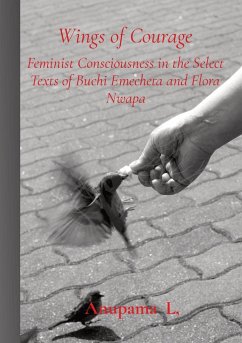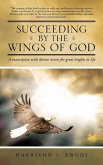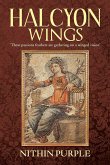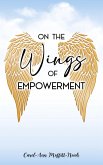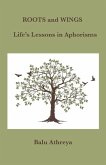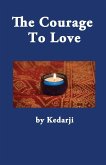This section looks into the realistic and fictional experiences in the selected texts of the black women writers Buchi Emecheta and Flora Nwapa, the major themes in the selected literary texts, the status accorded to women in the pre-colonial, colonial and in the post-colonial Africa, and the impact of racism and slavery faced by the blacks in Africa. The selected texts represent the experiences and developing identities of Nigerian women. These texts present a different world with quite different standards from those that the reader might be familiar with. The texts selected for the study are Flora Nwapa's Efuru and Buchi Emecheta's Second-Class Citizen and The Joys of Motherhood. These texts have both fictional and autobiographical elements. Many recent literary works represent the slippage between fiction and autobiography. Literary works like Norma Kouri's Honor Lost: Love and Death in Modern day Jordan (2003), James Frey's A Million Little Pieces (2003) and Helen Demidenko's The Hand that Signed the Paper (1994) are examples of works that were originally regarded as autobiography but later came to be known as fictional works. Both Buchi Emecheta and Flora Nwapa serve as agents of change and beacon of hope for thousands of oppressed black women. Apart from narrating the authors' own experiences, their works reflect the violent suppression that numerous black women encounter in their lives. Both Nwapa and Emecheta write about issues and concerns in the lives of Igbo women affected by British colonialism. Their literary works examine the features of Igbo culture, women's wish for change and their desire to be accepted within their community. These texts place an emphasis on women as individual and analyses the impact of western education on their beliefs and values. The women characters evolve as the novels progress. They attain self-realization and become increasingly independent. This book attempts to analyze the situation of black women based on Buchi Emecheta's Second Class Citizen, The Joys of Motherhood and Flora Nwapa's Efuru. These texts are authentic as they are based on the true life experiences of black women. The selected texts draw on the real experiences of the writers as well as the experiences of numerous other black women living in similar circumstances whom these writers encounter within their community. Commenting on the writings of black women, Houston Baker critically observes "To understand our origins we must journey through different straits and in the end we may only find confusion" (Baker 1). Emecheta's Second-Class Citizen narrates the struggle and survival of the protagonist, Adah. Her shift from Nigeria to England is marked by deterioration in her status from high class position to a low class position. In England, she faces racism and struggles hard both as mother and wife. Like Adah, Buchi Emecheta who was born in Nigeria, near Lagos moved to England with her two children and her husband. Emecheta succeeded in graduating from London University with a degree in Sociology. The novel depicts her struggle to survive in a hostile white European society with a jealous and abusive husband.
Hinweis: Dieser Artikel kann nur an eine deutsche Lieferadresse ausgeliefert werden.
Hinweis: Dieser Artikel kann nur an eine deutsche Lieferadresse ausgeliefert werden.

